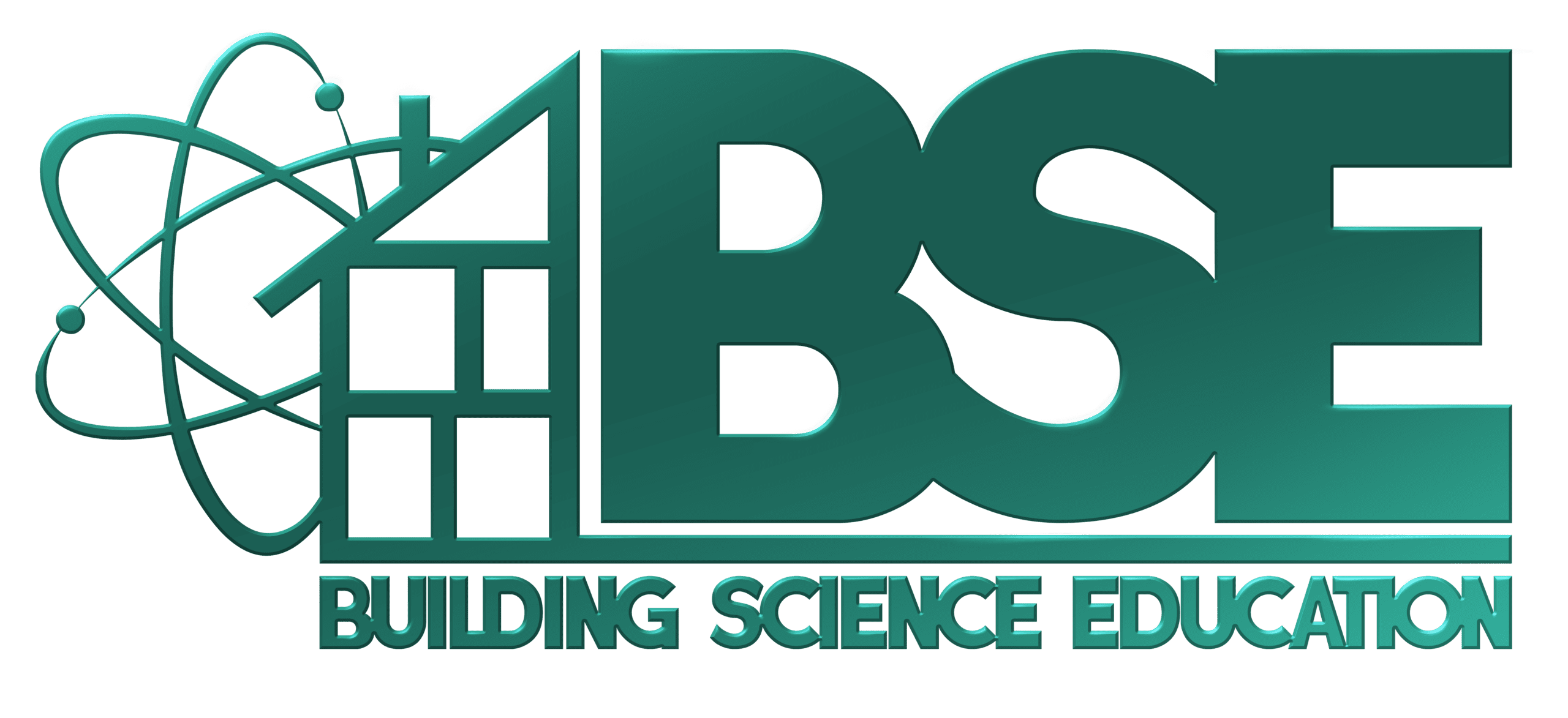Why Continuing Education Matters
by Connor Dillon
So you’ve just gotten a degree, maybe you have a job or two lined up (or more likely don’t). Time to start your life!
Except, you probably haven’t thought about this: all those skills you’ve developed and have ingrained in the back of your mind over the last seventeen years of formal education, well, they aren’t going to stay as bright and shiny as they are now.
In fact, you’re probably going to lose a couple of the skills you have and you’ll most likely forget most of the things the professors and teachers taught you.
Essentially, you’re fighting against a continuing degradation of knowledge and skills.
That’s partially why medical professionals like nurses, doctors, and such are required by law to get a certain number of professional development or continuing education hours from certified lectures, courses, or events. Of course, in that example you have to take into consideration that our knowledge of medicine advances quickly these days and no one wants a dentist who still does surgeries.
But several studies show that the knowledge you gain during an education or training event will likely be gone between three to eight months after it occurs. Obviously, directly after the course or lecture most individuals have a greater understanding of the subject matter. Their scores improved from their pre-training scores. After several months, however, their scores drop back down to where they were before!
From that alone we can say that the education you’ve received, well, it’ll really only “stick” with you from several months. The technical skills you can obviously practice and maintain, but that knowledge? In one ear and out the other.
In the interest of not just being technically skilled but knowledgable about your profession, you should continue to pursue educational opportunities. The best part is they don’t even have to be a formal thing! Go to your library and learn to paint, follow YouTube videos and carve wood, or if you have to chance to go to a conference, show up!
But if you don’t care to maintain and improve your knowledge and understanding of a subject, think about the increased chance of a pay raise or promotion..
That’s right- independent research commissioned by EvoLLLution surveyed 200 employers across North America in companies of varying size. The core questions they asked were:
- What do employees need to get ahead?
- How are employees rewarded or otherwise compensated for their education efforts?
- How does employee learning affect the company and the larger society?
And how did the employers respond?
A huge amount of them believe that employees need continuing education just to keep up with the job. Additionally, employers saw a positive impact in job performance while employees went through ongoing education- and how did they return the favor? “78% of employers said ongoing education has a positive impact on career advancement.” Want to hear an even better number? “…87% [of employers] said educational attainment positively affects compensation and salary.”
Wow. When a large majority of employers say such things, you should really sit up and take notice.
At the end of the day, continuing education doesn’t just help you become a better member of your profession; it can significantly increase your position in the company and your compensation for the work you do.







